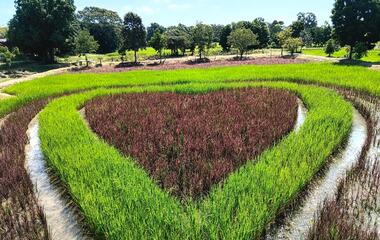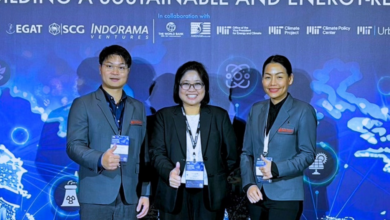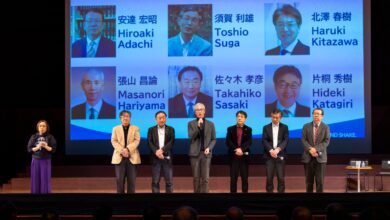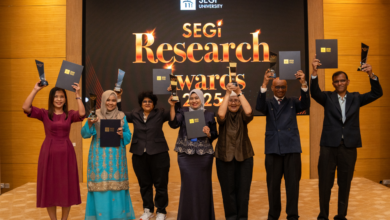Optimizing Green Rice Farming: Research Insights for Farmers

Research insights on optimizing green rice farming have highlighted various collaborative efforts aimed at promoting sustainable agricultural practices. Universities in rice-producing countries are working together with students, farmers, and local communities to introduce environmentally friendly rice varieties and organic fertilizers. However, resistance to these changes persists among some farmers, who express concerns regarding the efficacy of organic farming in terms of yield and its impact on their livelihoods.
The Importance of Rice Farming in Asia
The rice-farming sector is essential for food security in Asia, where rice serves as a primary staple. The region is responsible for 90% of global rice production and consumption, with China and India identified as the largest producers. The significant increase in rice cultivation during the 1960s, driven by the “green revolution” that prioritized chemical fertilizers, has sparked ongoing discussions about the need for sustainable alternatives.
Perception and Challenges of Green Agriculture
Emeritus Professor of Agriculture Sumithra Jayasekera from Wayamba University of Sri Lanka remarked that the perception of green agriculture as a mere branding strategy is a barrier to progress. He pointed out the absence of a complete transition to organic farming in any country and emphasized that farmer income remains a crucial consideration.
Economic Viability of Organic Farming
Dr. Lucille Parreno-De Guzman from the Institute of Crop Science at the University of the Philippines Los Baños addressed misconceptions surrounding the economic viability of organic farming. She noted that perceived low yields during the initial transition period from conventional to organic practices often discourage farmers from making the switch. Guzman advocated for improved communication regarding the conversion process and mentioned that a law promoting organic agriculture has been enacted in the Philippines.
Research Initiatives in Thailand
In Thailand, Mahasarakham University is conducting research at the Walai Rukhavej Botanical Research Institute, where various rice varieties and organic fertilizers are being tested. The institute functions as an outreach and education center, assisting local farmers in adopting these practices. WBRI Director Dr. Sudarat Thanonkeo leads workshops aimed at demonstrating the advantages of organic farming and encouraging farmer participation.
Challenges in Transitioning to Organic Farming
Despite ongoing promotional efforts for organic farming practices, significant challenges remain. In Sri Lanka, a policy mandating a sudden transition to 100% organic farming encountered backlash due to a lack of preparation for farmers and inadequate resources for organic fertilizer production. Experts suggest that a gradual approach to transitioning to organic farming, supported by education and assistance from agricultural institutions, is necessary.
The Path Forward for Sustainable Rice Farming
While universities and research institutions are actively engaged in promoting sustainable agricultural practices, numerous economic and educational obstacles continue to hinder widespread adoption. Addressing these challenges is essential for enabling farmers to maintain reasonable income levels through organic farming while meeting the increasing demand for rice in response to population growth.
(Source: University World News)




